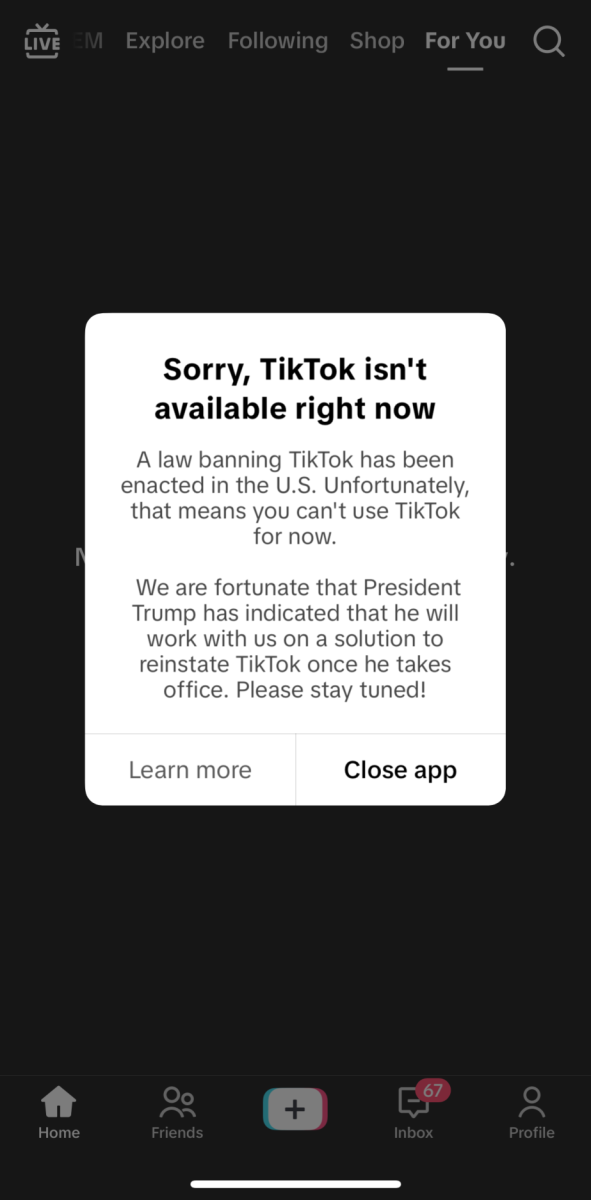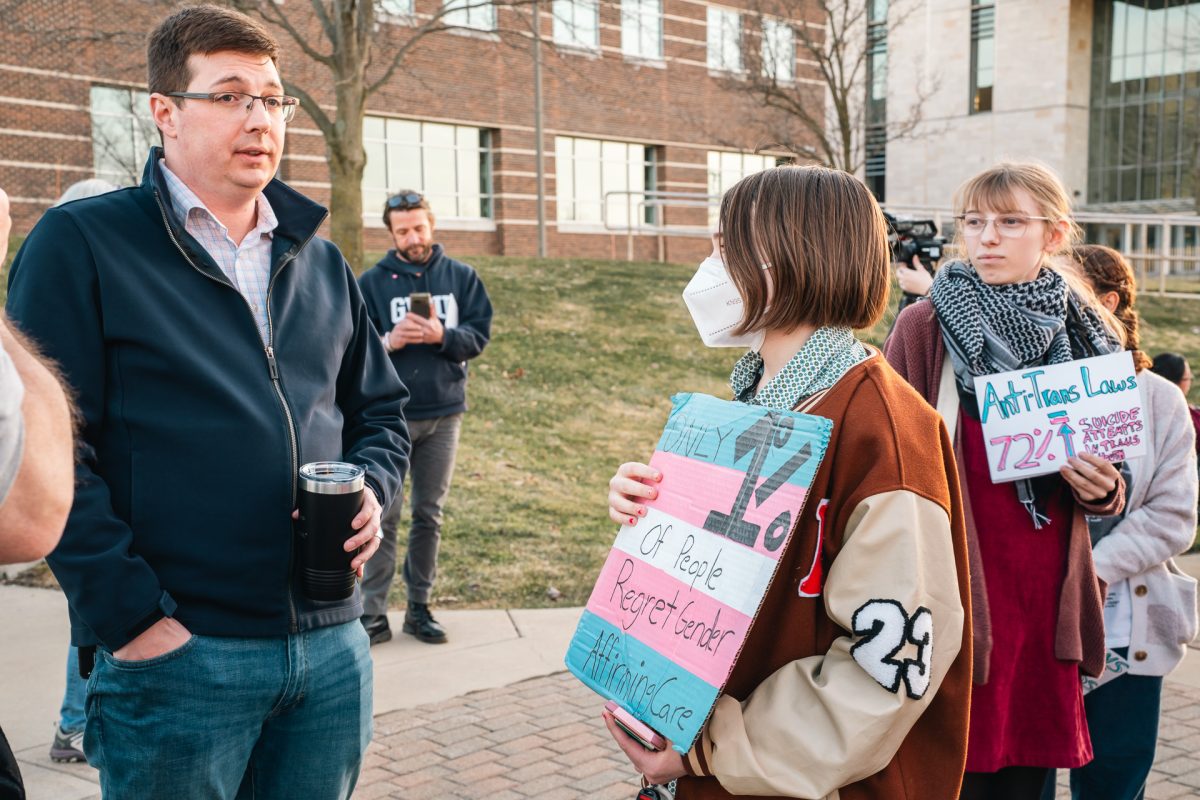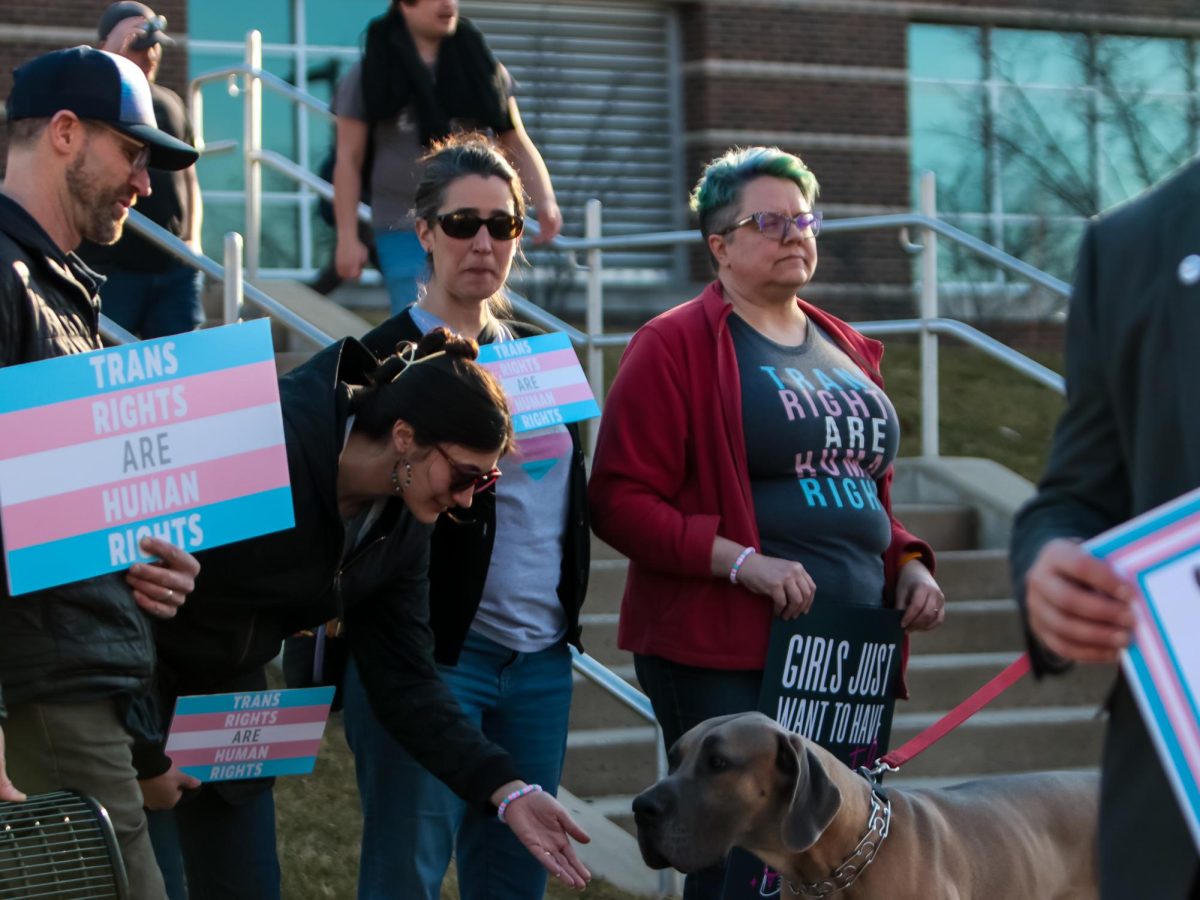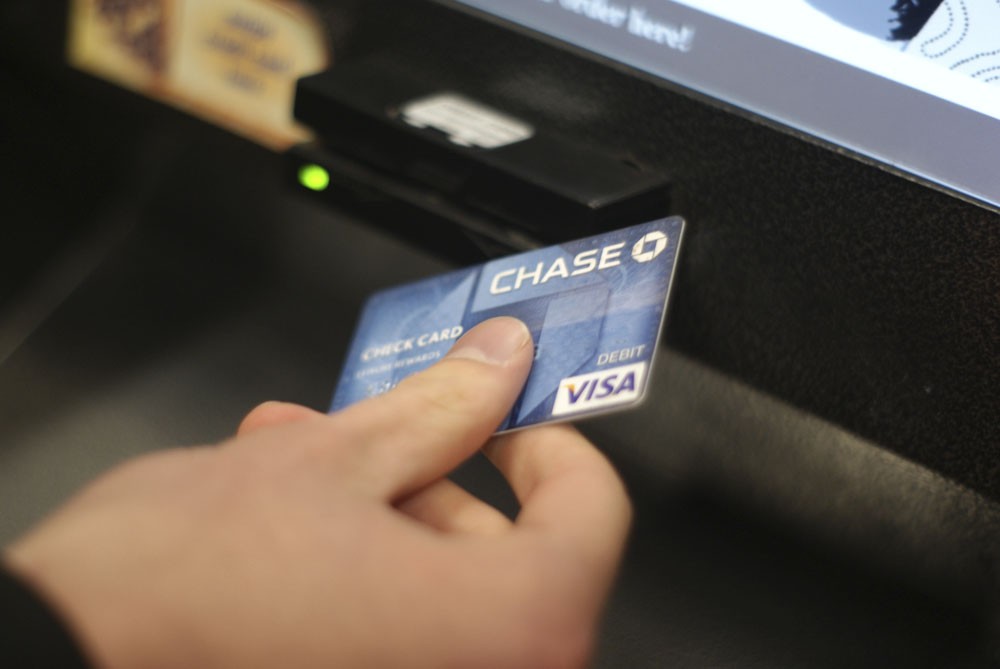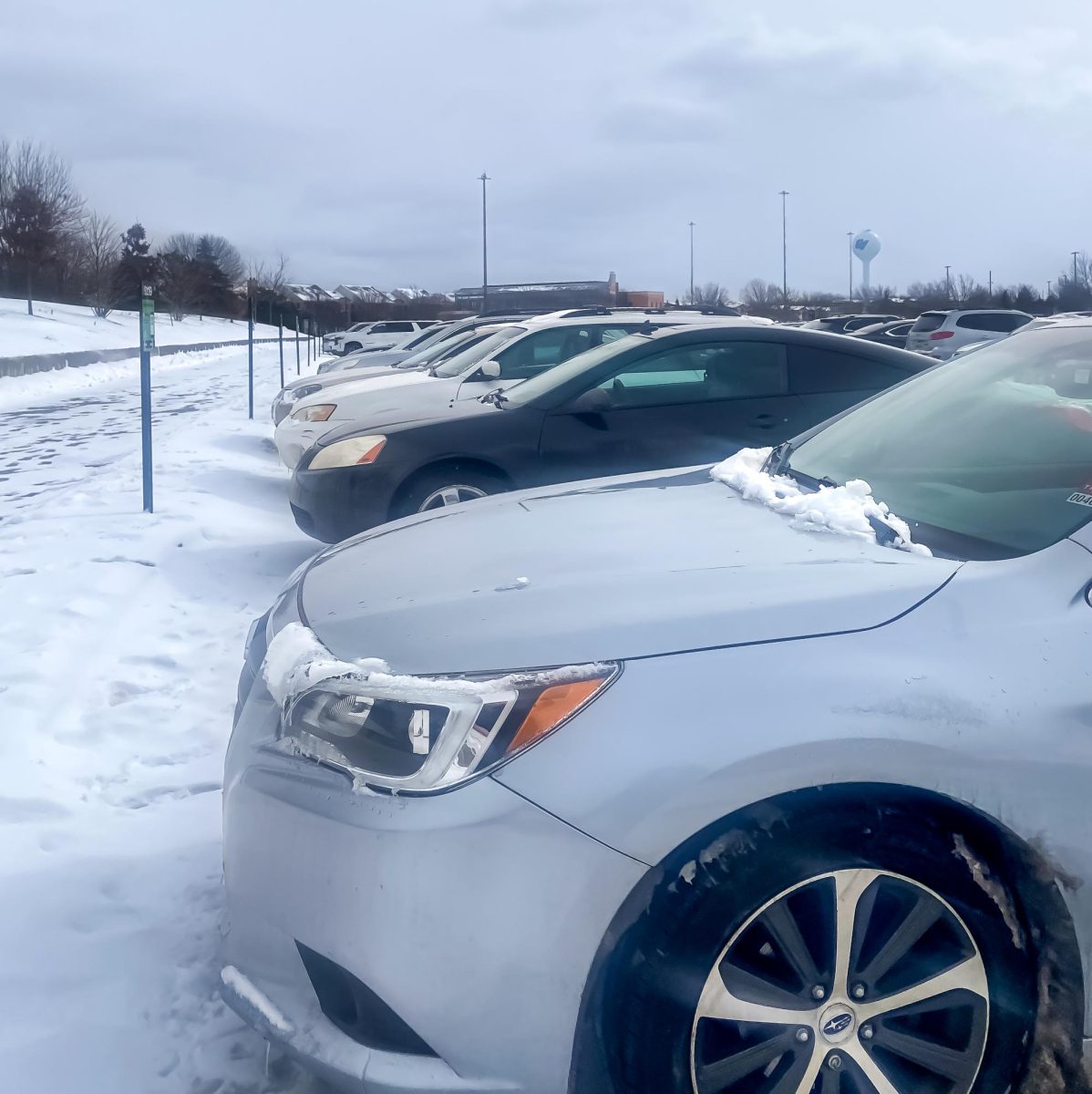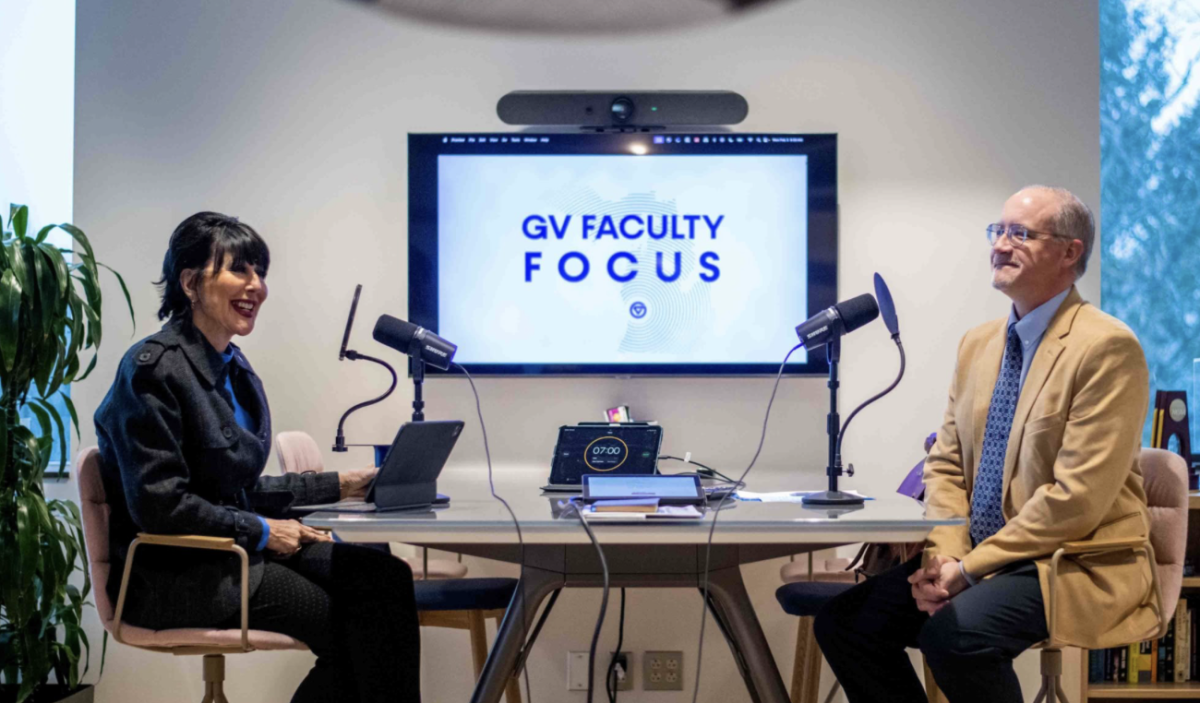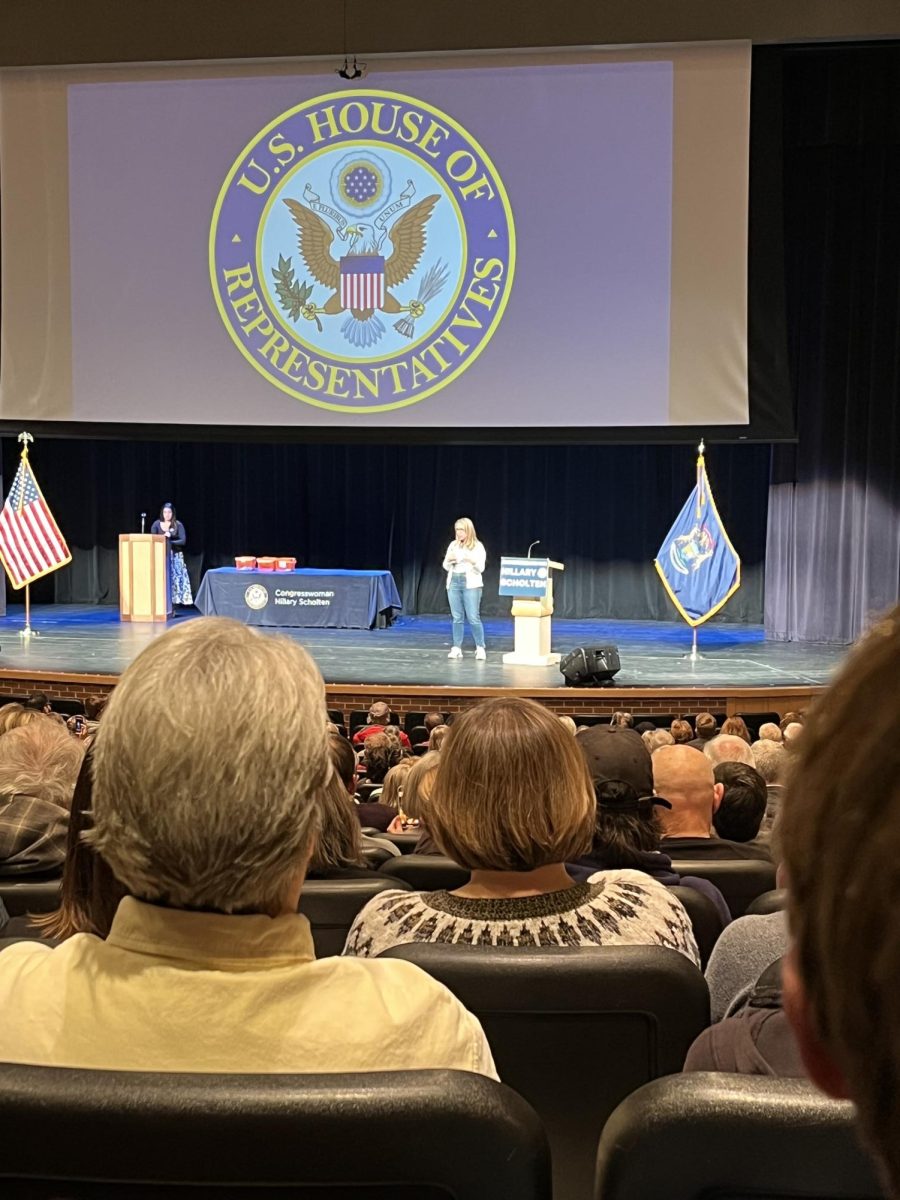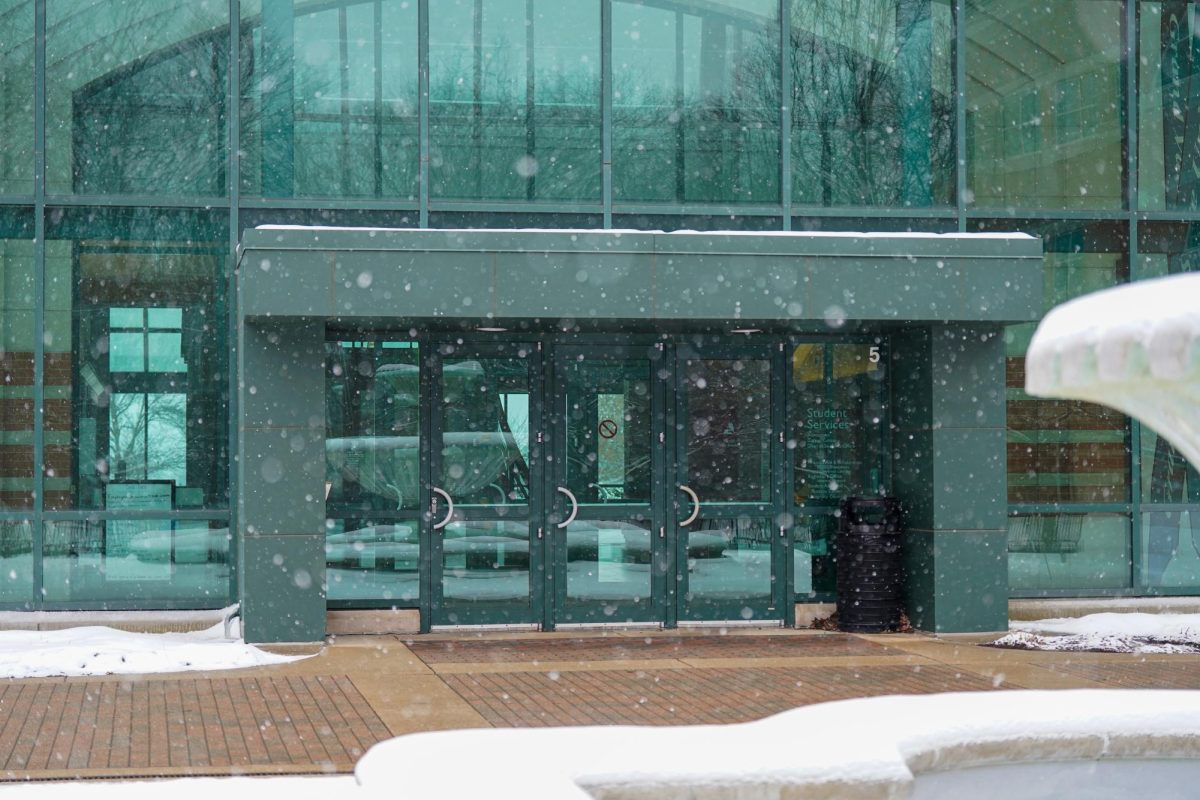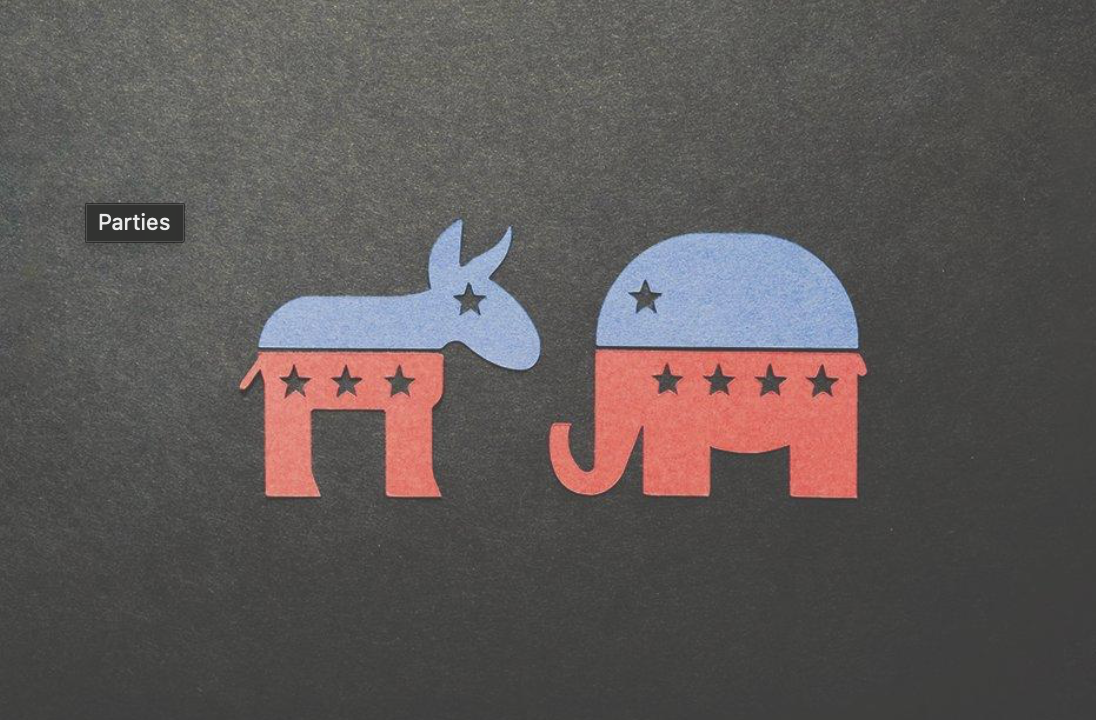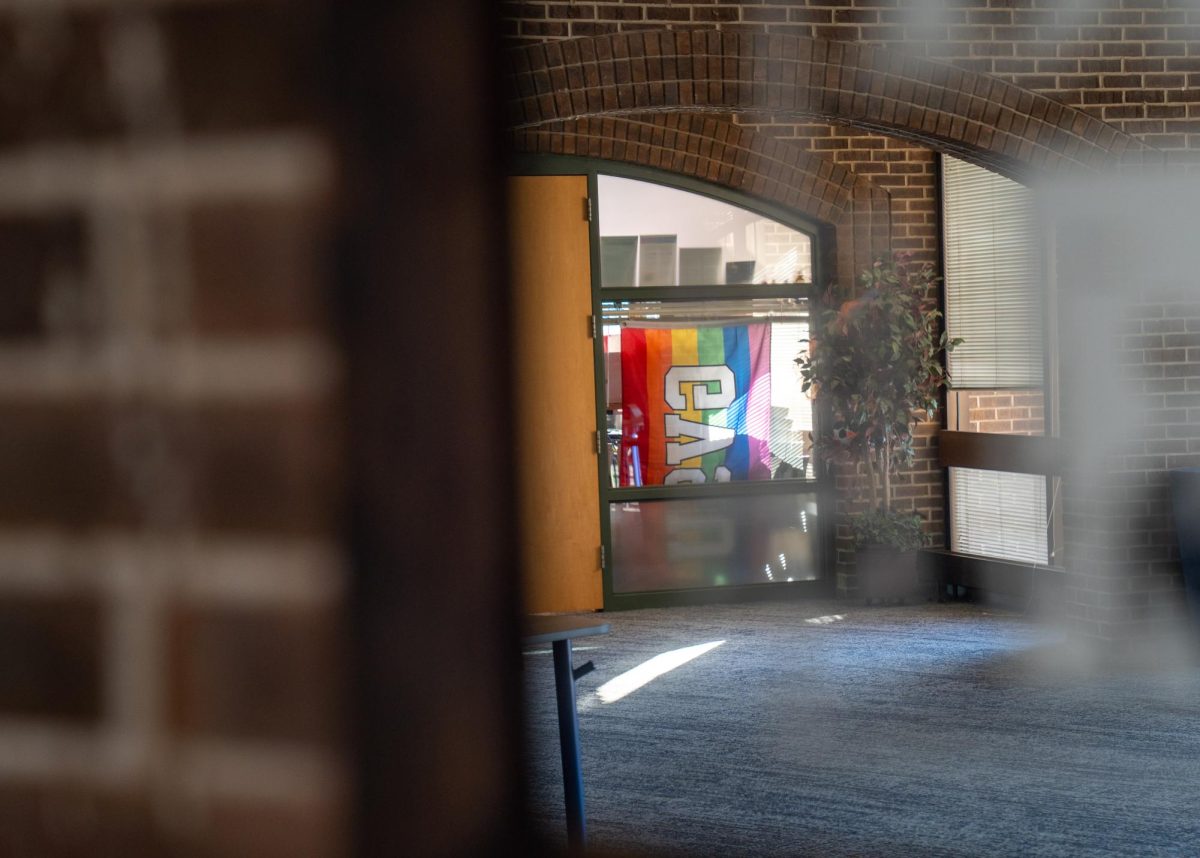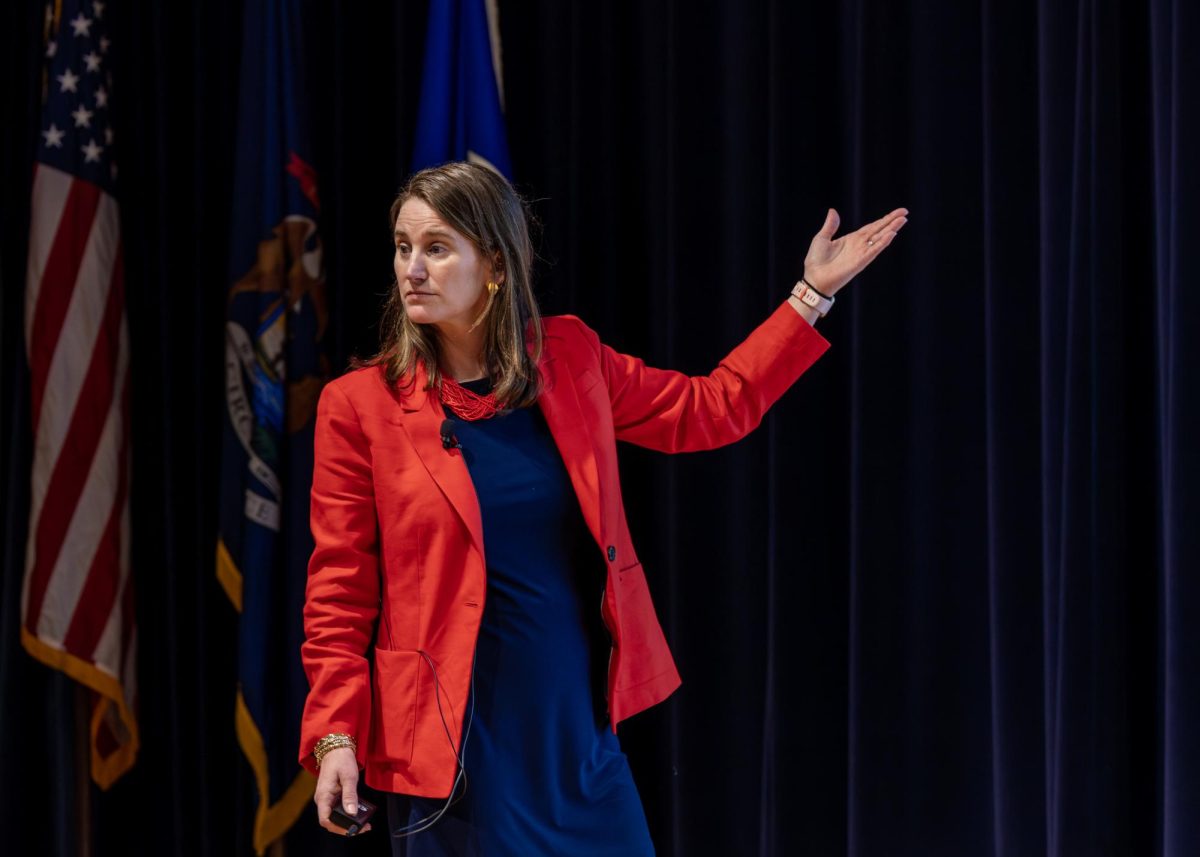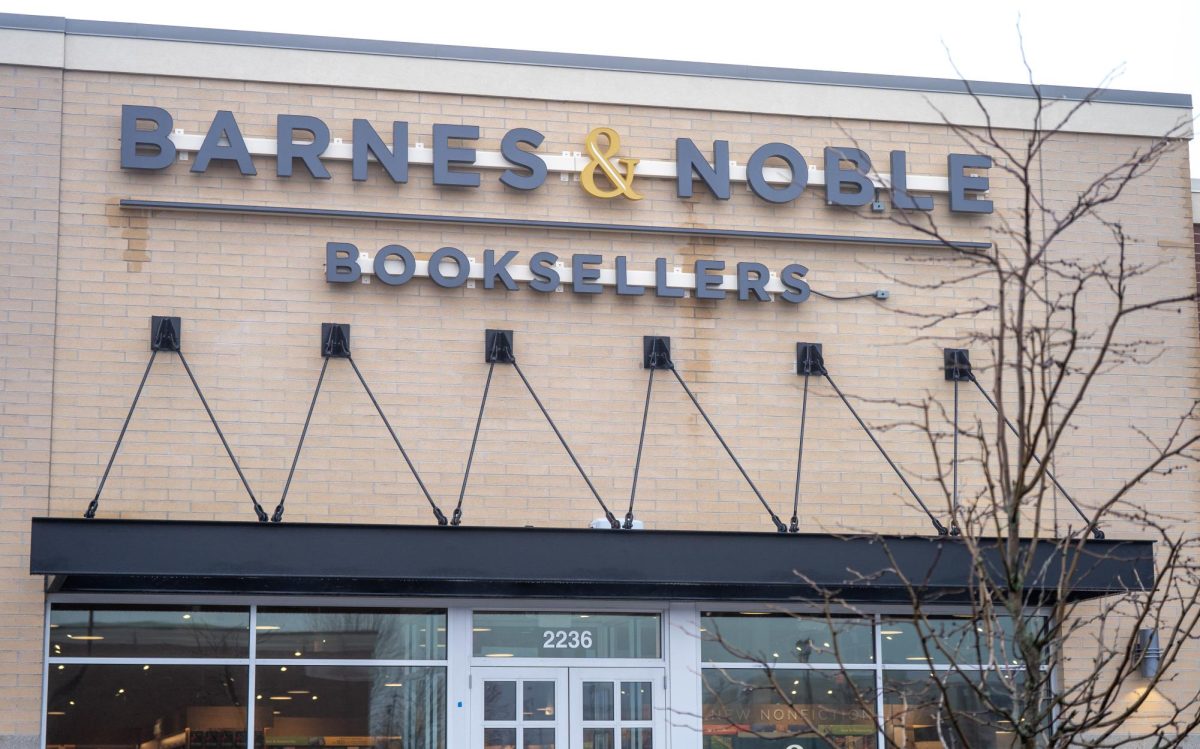A new law went into effect on Sunday, Jan. 19 that bans popular social media app TikTok in the United States. Despite pleas by users and content creators alike, TikTok content became inaccessible in the evening on Saturday, Jan. 18. Hours after the app went dark, TikTok began restoring access to users due to a motion made by then-President-elect Donald Trump, which prolongs the ban for 90 days.
Upheld by the Supreme Court in a unanimous decision on Friday, Jan. 17, TikTok’s parent company, ByteDance, was forced into an ultimatum: to either sell the company by Jan. 19 or be banned. Contrary to the U.S. government’s position, people across the nation, including at Grand Valley State University, expressed upset at the loss of the digital community, platform for expression and exposure to small businesses. This allows ByteDance more time to find and approve a buyer for the platform, should they decide to sell the application.
There was speculation that users who downloaded TikTok prior to the ban would retain access but would be unable to update the app, eventually rendering it nonfunctional. Once the ban took effect, users who opened the app were faced with an apologetic message that announced content had been restricted within the United States. With the app functioning once again, it remains unclear if the content creation platform is here to stay for the future.
The ban legislation was approved in compliance with the Protecting Americans from Foreign Adversary Controlled Applications Act (PAFACA), an act passed in April 2024 by then-President Joe Biden. The act stated that certain apps can be banned over national security concerns. However, Biden announced he would not enforce the TikTok ban, stating he would leave it up to the Trump administration. Even without direct action from Biden, host services like Apple or Google face large fines should TikTok remain listed on app stores with the law in effect.
President Trump ordered a ban of TikTok during his first term, which was ultimately blocked. It seems he has since changed stances on the app, and is expected to take executive measures to revert the ban during his second term.
“I strongly suspect there’s going to be a flurry of executive orders in the second Trump administration that simply exists to undo things done in the Biden administration, whatever they are,” said Len O’Kelly, associate director for GVSU’s School of Communications and professor of journalism. “I don’t think it’s (the ban) going to be very long lived.”
Many GVSU students are upset at the thought of losing the app. GVSU student Brooke Van De Burg expressed concern over the ban. She said she’s spent a large amount of her free time on TikTok.
“It’s very upsetting,” Van De Burg said. “I feel like we have bigger issues to deal with (in America) than banning an app.”
Students were also skeptical about TikTok’s potential replacements. RedNote, a similar video sharing platform, has emerged as a quick substitute.
“RedNote is a Chinese app, and I downloaded it for when TikTok gets banned,” Van De Burg said.
Some students said they downloaded RedNote out of curiosity but doubt it will achieve TikTok’s level of success.
“I feel like everyone’s not really gonna join it (RedNote),” said GVSU student Logan Welch. “I only got it because a bunch of people on Twitter (X) were getting it, and I was like, ‘let me see.’”
The ban raises growing concerns over freedom of the press, freedom of speech and combating misinformation. While the Supreme Court ruled the ban was not unconstitutional, the decision could have implications in the future.
“This ban could have significant consequences for media freedom and government oversight,” said GVSU Advertising and Public Relations Professor Sera Choi. “It might open the door for more extensive intervention in what we can access or share online. While addressing harmful content is essential, there’s always a risk that such actions could lead to overreach.”
O’Kelly raised an important distinction between social media and the First Amendment.
“We don’t really have any freedom of speech on social media platforms,” O’Kelly said. “We are subject to the provider of that service. Where this does get tricky is this idea that the government can come in and decide, ‘this is acceptable, this is not.’ The blanket of using national security is something we’ve seen before.”
It is expected that Trump will address the ban further, as he begins his first 100 days in office.





